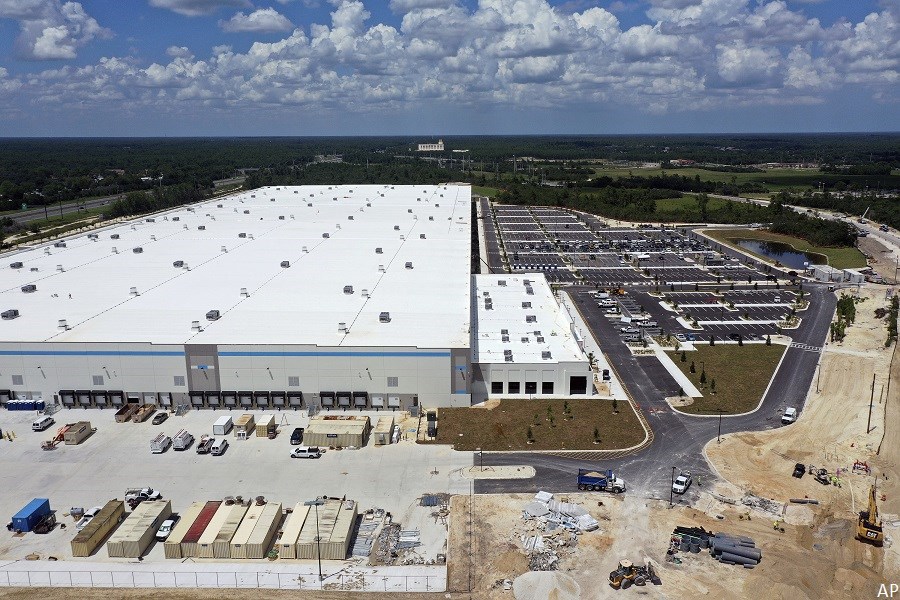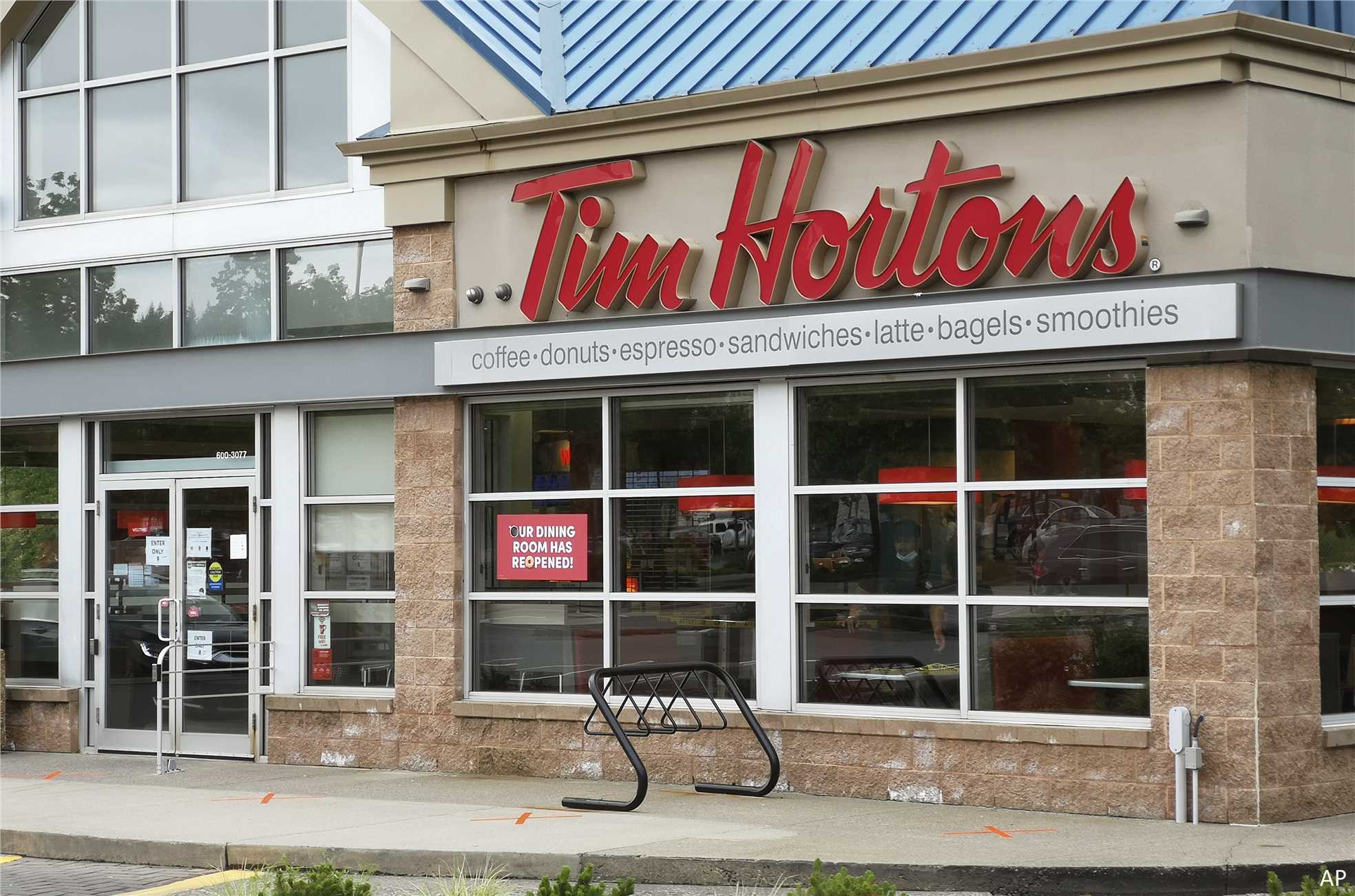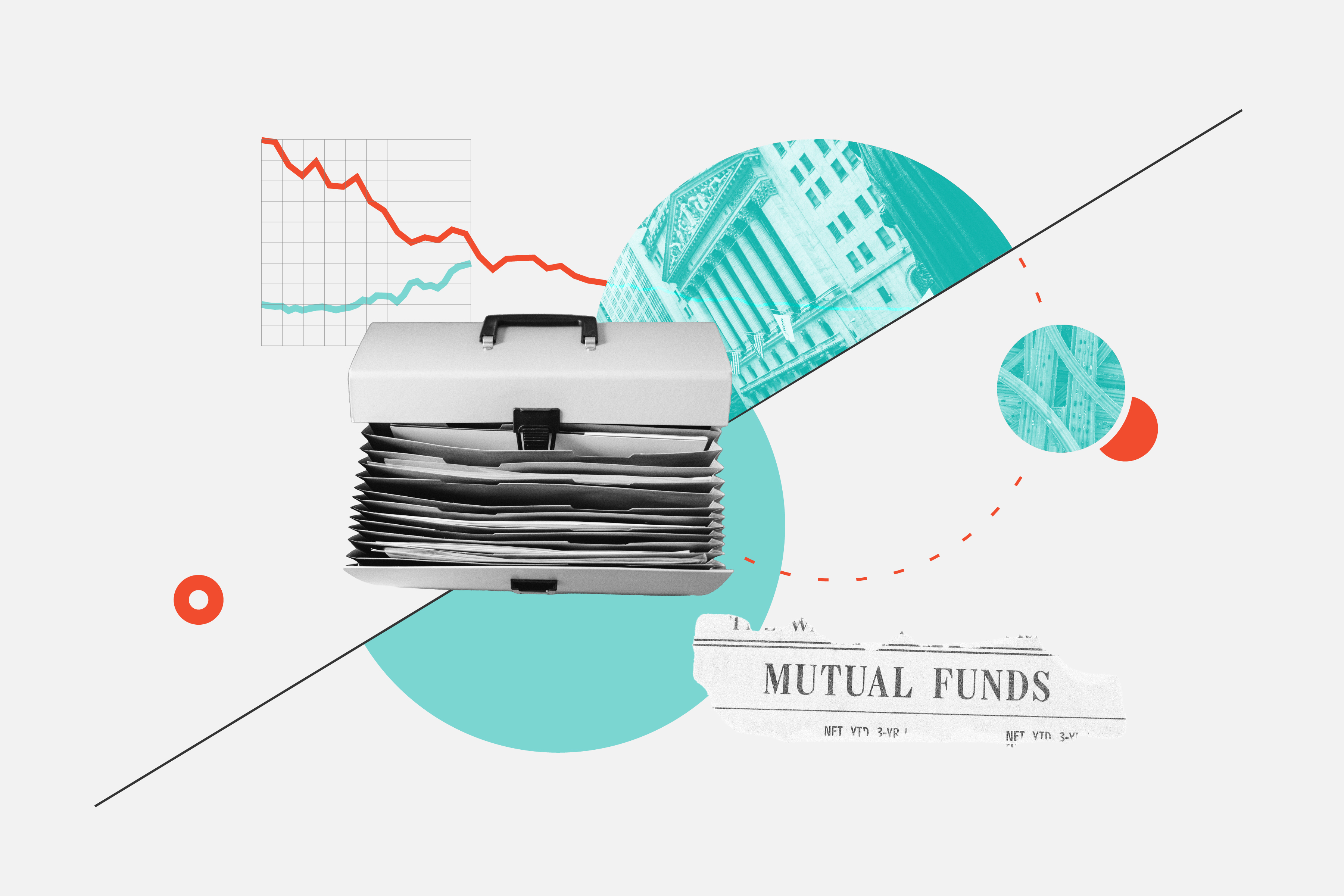
A new type of delivery service is taking the U.S. by storm: the ‘ultra-fast delivery’. Gone are the days when of waitings days for your order. Or how same-day? That’s so yesterday. Say hello to 10 to 15-minute delivery services.
Although companies at the forefront of the trend are young startups with smaller footprints, it’s only a matter of time before the heavyweights of the retail industry join the fray. With an eye on the estimated US$5.4 trillion U.S. retail market, established giants would likely gobble up or easily compete with smaller companies in the space.
The following companies are already running same-day and two-hour delivery services with shipping times consistently shrinking. Investors looking to play the ultrafast delivery trend -- accelerated by the pandemic, and now becoming an indispensable part of 21st-century living -- may want to keep these names on their screens and wait for an attractive entry point to become available.
|
Amazon.com Inc |
||
|
Ticker |
||
|
Current yield: |
- |
|
|
Forward P/E: |
46.08 |
|
|
Price |
US$3335.55 |
|
|
Fair value: |
US$4200 |
|
|
Value |
21% Discount |
|
|
Moat |
Wide |
|
|
Moat Trend |
Stable |
|
|
Star rating |
**** |
|
|
Data as of Oct 25, 2021 |
||
Online retail giant, Amazon (AMZN) is the highest-grossing e-commerce company that racked up US$386 billion in sales in 2020. Retail-related revenue accounted for about 83% of the total, followed by Amazon Web Services' cloud computing, storage, database, and other offerings (12%), and advertising services and co-branded credit cards (6%). International segments represent 27% of Amazon's non-AWS sales, led by Germany, the U.K., and Japan.
Amazon dominates e-commerce and cloud services markets and boasts unparalleled competitive advantages in all its segments, particularly its retail business. “The secular drift toward e-commerce continues unabated with the company continuing to grind out market share gains despite its size,” says a Morningstar equity report.
The firm’s Prime segment ties Amazon’s e-commerce efforts together and provides a steady stream of high-margin recurring revenue, it adds.
Prime consumers purchase more frequently from Amazon’s properties. In return, they get one-day shipping on millions of items, exclusive video content, and other services. This creates “a powerful virtuous circle where customers and sellers attract one another,” says Morningstar equity analyst, Dan Romanoff, who puts the stock’s fair value at US$4,200.
From a retail perspective, the retailer is expected to relentlessly pursue innovation to help grow their customer base. “We also look for continued penetration into categories such as groceries and luxury goods that have not previously translated into the same level of success as other retail categories,” says Romanoff.
Amazon’s retail business, which also offers two-hour grocery delivery services through Amazon Fresh or Whole Foods, has a wide moat underpinned by network effects and a cost advantage.
|
Walmart Inc |
||
|
Ticker |
||
|
Current yield: |
1.48% |
|
|
Forward P/E: |
22.62 |
|
|
Price |
US$148.34 |
|
|
Fair value: |
US$136 |
|
|
Value |
Fairly valued |
|
|
Moat |
Wide |
|
|
Moat Trend |
Stable |
|
|
Star rating |
*** |
|
|
Data as of Oct 25, 2021 |
||
America’s largest retailer by sales, Walmart Inc. (WMT) operates over 11,400 stores, selling a variety of general merchandise and grocery items. The U.S. accounts for 78% of sales, with Mexico and Central America (6%) and Canada (4%) its largest external markets.
The company also operates several e-commerce properties apart from its eponymous site, including Flipkart and shoes.com. Overall, e-commerce accounted for about 12% of fiscal 2021 sales.
“With unrivalled scale, prodigious procurement strength, a strong brand, and a growing e-commerce platform, we believe Walmart is the only American retailer that can compete comprehensively with Amazon’s retail offering,” says a Morningstar equity report.
The retail giant recently announced it is extending delivery times by two hours, which will expand its same-day delivery executions of online orders. Moreover, through its Spark Driver app, Walmart offers two-hour delivery for an extra fee of US$10. The chain’s new membership-based program, Walmart+, also offers unlimited rapid delivery, fuel discounts, and mobile scan and go.
The membership program “should help drive omnichannel sales in grocery and other categories while boosting shopper loyalty,” says Morningstar equity analyst, Zain Akbari, who recently raised the stock’s fair value from US$132 to US$136, incorporating solid second-quarter earnings.
While the retail landscape has become intensely competitive and is being disrupted by Amazon’s expanding dominance, Walmart is expected to hold its own. With its membership program, “Walmart should be able to compete aggressively, particularly for the roughly 50 million households we estimate do not subscribe to Amazon Prime,” Akbari notes.
|
The Kroger Co |
||
|
Ticker |
||
|
Current yield: |
2.09% |
|
|
Forward P/E: |
12.29 |
|
|
Price |
US$40.23 |
|
|
Fair value: |
US$38 |
|
|
Value |
Fairly valued |
|
|
Moat |
Narrow |
|
|
Moat Trend |
Negative |
|
|
Star rating |
*** |
|
|
Data as of Oct 25, 2021 |
||
Leading U.S. grocer, Kroger (KR) owns 2,742 supermarkets operating under several banners throughout the country. Around 82% of stores have pharmacies, while over half also sell fuel. Kroger is a top-two grocer in most of its major markets. Almost all of Kroger's revenue is derived from the domestic market.
“Kroger is uniquely positioned to defend its returns against a competitive onslaught that should intensify as Amazon, hard discounters, and mass merchandisers price aggressively to boost volume,” says a Morningstar equity report, adding that despite competitive pressures, Kroger still benefits from enduring intangible assets and cost advantages.
The grocer’s top line is nearly double that of Albertsons, the second-largest pure-play grocer in the U.S., a highly fragmented grocery market. “Kroger's ability to leverage distribution costs, investments in omnichannel offerings, and supply chain capabilities should allow it to continue to outperform its pure-play rivals,” asserts Akbari.
The company has been making a push into digital grocery by partnering with a variety of firms, “tie-ups that are enabled by Kroger's significant size, established market position, and grocery industry leadership as it is uniquely positioned to deliver meaningful value to its counterparts,” says Akbari, who recently lifted the stock’s fair value from US$37 to US$38, reflecting Kroger’s solid second quarter.
As part of its digital efforts, Kroger took a mid-single-digit percentage stake in European online grocery leader Ocado. “We believe the deal should significantly accelerate Kroger's development of its deliver-to-home and click-and-collect offerings, with Ocado's flexible, low-cost warehouse-based model extending Kroger's reach beyond its existing markets in a cost-efficient, tested manner,” Akbari notes.























